By AYLA ALBAYRAK
ISTANBUL—The prosecutor leading a massive court case in Turkey in which hundreds of people are facing charges of membership in an alleged terrorist organization appeared to be pushed aside Wednesday, after weeks of accusations that he was using the case to quell freedom of expression.
It remained unclear Wednesday why Zekeriya Oz, the chief prosecutor leading the so-called Ergenekon investigation, was promoted by the Supreme Board of Judges and Prosecutors to a new job in which he will no longer have powers to pursue cases involving terrorism charges.
In one case, several hundred defendants are on trial on charges of membership in the alleged organization, known as Ergenekon, which is accused of attempting to destabilize Turkey and topple its leaders.
Mr. Oz drew fierce criticism from journalist associations, opposition political parties and other critics, including the European Parliament, when this month he arrested two journalists, Neden Sener and Ahmed Sik. Messrs. Sener and Sik have been charged with membership in Ergenekon and are in jail awaiting trial.
Mr. Oz’s office also confiscated the manuscript of a book by Mr. Sik that was due to be published ahead of parliamentary elections on June 12.
According to colleagues of Mr. Sik who say they have read the manuscript, it details the infiltration of Turkey’s police force and of the prosecution in the Ergenekon case by an influential Islamic religious group named after its leader, Fetullah Gulen.
The announcement of Mr. Oz’s promotion came a day after President Abdullah Gul said he thought the arrests of the two journalists were “wrong” and were damaging the country’s image. “Now they can probably sell hundreds of thousands of copies of a book which could have sold 10,000 copies,” President Gul said, according to state news agency Anadolu Ajansi.
The Supreme Board of Judges and Prosecutors made no public comment Wednesday on its decision to promote Mr. Oz. Attempts to reach the board for comment were unsuccessful.
Amid the controversy over the journalists’ arrests, chunks of the prosecution’s case against the two men have been leaked to pro-government newspapers that support the prosecution’s actions.
Defense lawyers for the two journalists have complained that the leaked evidence was withheld from them on grounds of “secrecy of the court.”
Prosecutors say they need the manuscripts as evidence the books were being written to discredit the Ergenekon case.
“The Ergenekon investigation and trial have become a tool for the [ruling Justice and Development Party] to limit freedoms,” Mr. Sik writes in his book, according to excerpts on a website that says it has a copy of the manuscript. It wasn’t immediately possible to verify that claim.
On Wednesday, Mr. Oz also ordered the search of the homes of a group of Islamic theologians—including one who said he was writing a book about Fetullah Gulen—in connection with an investigation into the 2007 killings of Christian missionaries in Malatya, Eastern Turkey.
Both Messrs. Sener and Sik had records of exposing the kinds of crimes now being prosecuted in the Ergenekon case, prompting a sharp reaction—including street protests—from Turkish journalists. Even some pro-government columnists argue that arresting the two men was a step too far, because prosecutors have failed to produce evidence the journalists were promoting violence.
Journalist organizations say Turkish laws enable journalists to be prosecuted for terrorism or for crimes against the state for what they write.
Prime Minister Recep Tayyip Erdogan has dismissed the furor, saying repeatedly that of 27 journalists the government says are currently in detention in Turkey, none was arrested for something they had written.
The Supreme Board of Judges and Prosecutors was apparently “disturbed by the fact that there had been misuse and exceeding of powers” by Mr. Oz, said Mete Gokturk, a former prosecutor at Turkey’s State Security Court, commenting on Mr. Oz’s promotion on NTV television.
via Prosecutor in Turkish Terror Case Moves to New Job – WSJ.com.

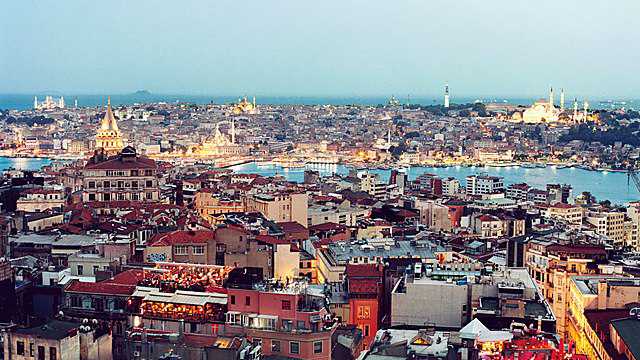
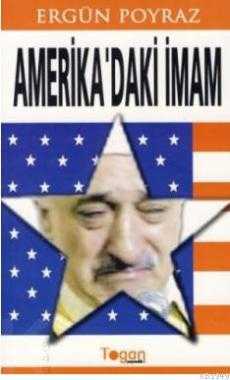
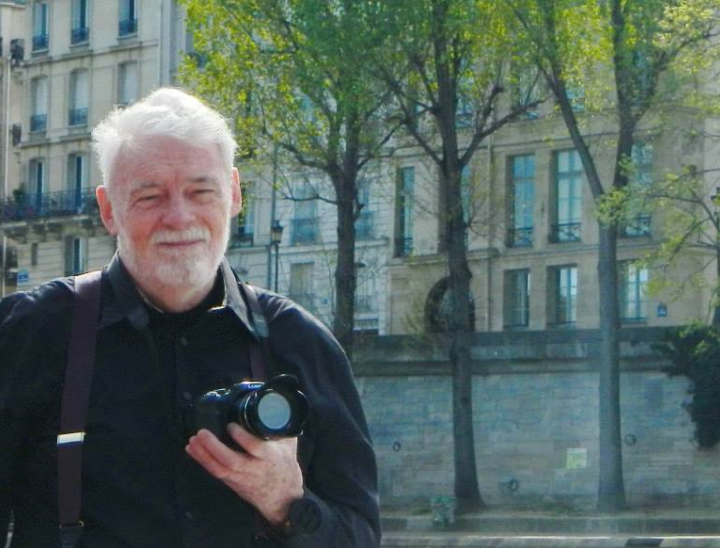
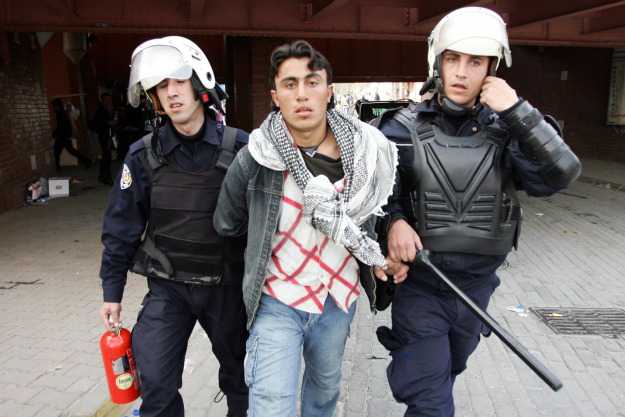
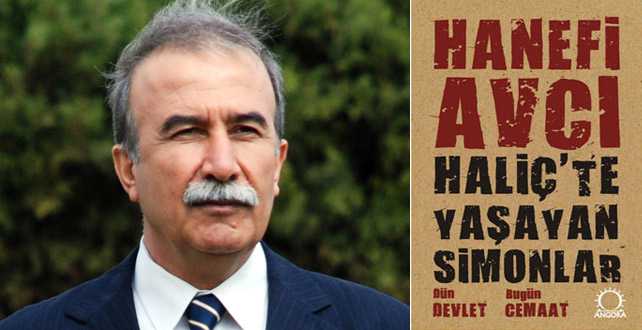 for writing a best seller. His book laid bare the widely suspected fact that Turkey’s highest government institution’s—police, army, and judicial system—had been infiltrated and indeed subverted by a religious cemaat, the Fethullah Gülen movement. (3) Since Avcı himself was once an eager activist for Gülen’s cemaat, the book has a certain whiff of authenticity.
for writing a best seller. His book laid bare the widely suspected fact that Turkey’s highest government institution’s—police, army, and judicial system—had been infiltrated and indeed subverted by a religious cemaat, the Fethullah Gülen movement. (3) Since Avcı himself was once an eager activist for Gülen’s cemaat, the book has a certain whiff of authenticity. For those interested in a dramatic representation of this incident see the stunning classic film (1937) The Life of Emile Zola:
For those interested in a dramatic representation of this incident see the stunning classic film (1937) The Life of Emile Zola: 
 WMR has discovered a
WMR has discovered a